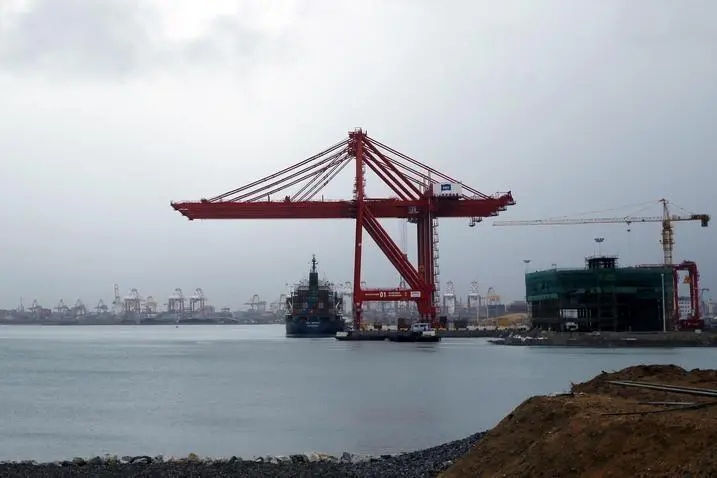PHOTO
Colombo - Sri Lanka aims to nearly double its tax revenue to around 15% of gross domestic product by 2026 from 8.5% now, President Ranil Wickremesinghe said on Wednesday, as his island nation attempts to find a way out of its worst economic crisis in seven decades.
The increase in taxes is essential to lock down crucial funding from the International Monetary Fund, otherwise Sri Lanka will be unable to access bridge financing from the World Bank and the Asian Development Bank, Wickremesinghe said.
"There is no alternative to restructuring the country's debt but harder times are inevitable as decisions must be taken, however reluctantly," he said in an evening national broadcast.
"If immediate action is not taken, the country will go back to the era of queues," he added.
Sri Lanka is expected to present its budget for 2023 to parliament in mid-November and it is expected to include higher taxes and wider reforms of state enterprises, in line with commitments made to the IMF.
Sri Lanka's unprecedented financial crisis was partly caused by steep tax cuts in 2019, which together with the impact of the pandemic resulted in multiple ratings downgrades that locked it out of international financial markets.
DEBT
Unable to repay its debts and with depleted foreign exchange reserves, Sri Lanka announced in April it was defaulting on its foreign debt.
The country reached a staff level agreement with the IMF for a $2.9 billion bailout in September but has to secure prior financing assurances from creditors, put its heavy debt burden on a sustainable path and increase public revenue before the global lender will disburse the funds.
The IMF stressed the importance of joint talks involving Sri Lanka's three of Sri Lanka's main creditors - China, Japan and India, Wickremesinghe said.
"India and China wanted more time and probably discussions," he said.
China, Japan and India are major holders of the island's bilateral debt, along with private creditors.
Sri Lankan authorities kicked off debt restructuring talks with creditors last month and have expressed hope that an IMF programme can be agreed by the end of this year.
(Reporting by Uditha Jayasinghe in Colombo; writing by Shilpa Jamkhandikar; Editing by Gareth Jones)




















